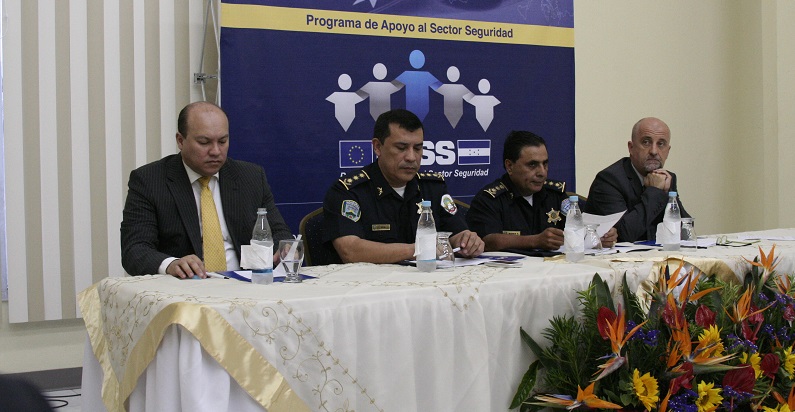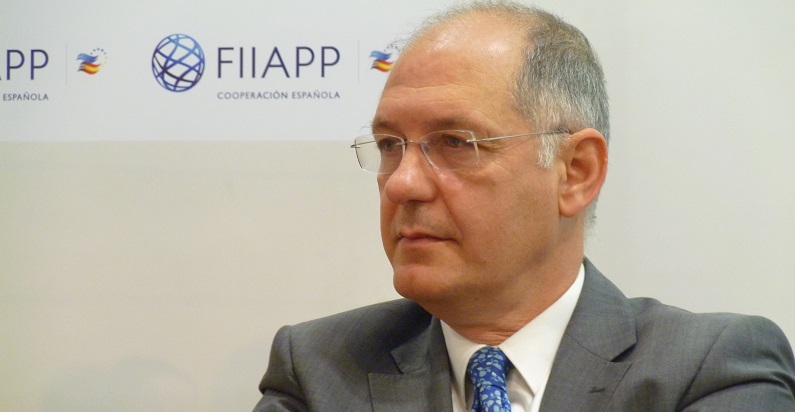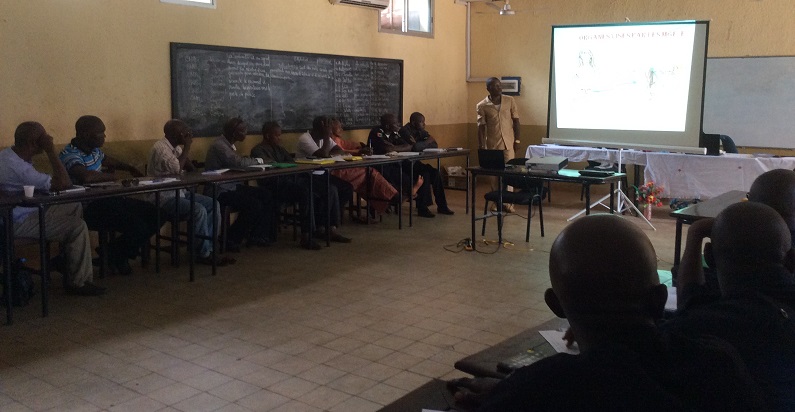THE BLOG OF THE FIIAPP. Spanish cooperation
-
14 July 2014
Category : Opinion
Honduras has eight million inhabitants. Ninety-five percent of them feel threatened by the criminality affecting the country. There, according to the Violence Observatory at the National Autonomous University of Honduras, 19 people die each day as a result of violence and crime. After years without success in reducing this figure, the country has plunged into a new effort with the “Security Sector Support Programme” (PASS)of the European Union (EU), in which the FIIAPP participates.

Ten years ago, the homicide rate in Honduras was 30 per one hundred thousand inhabitants. According to official statistics, it is currently 86. This represents an increase of over 200%. Driven in large part by the uncertain future faced by young people in a count...
-
04 July 2014
Category : Interview
Interview with Joaquín Baumela, Director of the IBATECH engineering firm and expert in three cooperation projects in the area of CBRN that the FIIAPP is implementing at the international level.

Joaquín Baumela reviews the main chemical, biological, radiological and nuclear (CBRN) threats, the formulas for addressing them and the collaboration Spain offers to other countries to prepare for an event of this type.
You are working with the FIIAPP on three international coop...
-
30 June 2014
Category : Interview
Interview with David Izquierdo, diplomat and CBRN Technical Adviser of the Ministry of Foreign Affairs and Cooperation (MAEC).

All United Nations member countries are required by UN Resolution 1540 to reduce chemical, biological, radiological and nuclear (CBRN) threats by adopting effective legislative measures that prohibit and prevent the proliferation or improper use of elements that can be used to cause incidents of ...
-
25 June 2014
Category : Opinion
According to the World Health Organization (WHO), there are currently 140 million women and girls in the world who have endured genital mutilation. It is also calculated that African females are the most vulnerable to the practice. Some 92 million girls and women over 10 years of age in Africa have been victims. Guinea Conakry is one of the African countries where it is most practised despite being considered illegal in the country since 1965. There, the FIIAPP is one of the managers of a project for increasing safety and awareness by the population. Elena González, who worked as a trainer in this project, brings us closer to this reality.

I didn't know anything about the issue of genital mutilation beyond what I used to hear in brief news stories on television, and it was my short one-month stay in Guinea Conakry that opened my eyes to this harsh reality.
We went to Guinea—I say "we" because I went with ...








